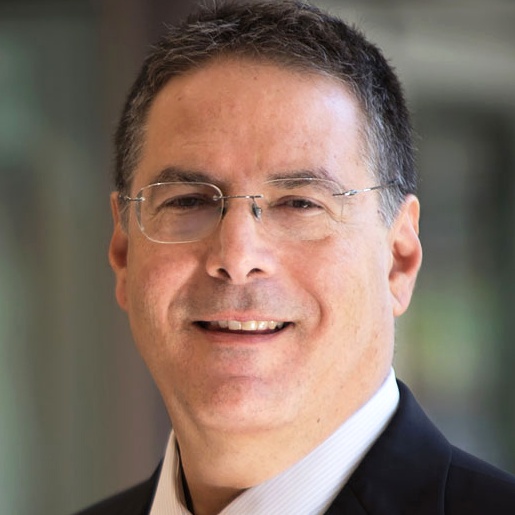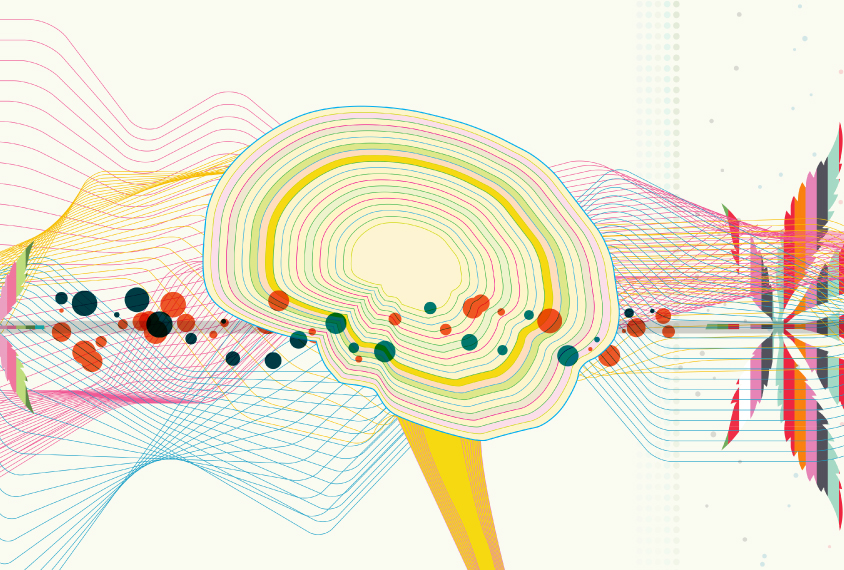Eric Hollander is professor of psychiatry and behavioral sciences at Albert Einstein College of Medicine in New York City.

Eric Hollander
Professor
Albert Einstein College of Medicine
From this contributor
Q&A with Eric Hollander: Cannabis treatments for autism
As cannabis prohibition slowly lifts in the United States, scientists and families in the autism community are increasingly turning to the drug and its constituent compounds to ease autism-related difficulties, including seizures and irritability.

Q&A with Eric Hollander: Cannabis treatments for autism
Explore more from The Transmitter
Organoids and assembloids offer a new window into human brain
These sophisticated 3D cultures reveal previously inaccessible stages of human brain development and enable the systematic study of disease genes.

Organoids and assembloids offer a new window into human brain
These sophisticated 3D cultures reveal previously inaccessible stages of human brain development and enable the systematic study of disease genes.
Who funds your basic neuroscience research? Help The Transmitter compile a list of funding sources
We want to hear from you about the sources of funding for your research.

Who funds your basic neuroscience research? Help The Transmitter compile a list of funding sources
We want to hear from you about the sources of funding for your research.
The future of neuroscience research at U.S. minority-serving institutions is in danger
Cuts to federally funded programs present an existential crisis for the University of Puerto Rico’s rich neuroscience community and for research at minority-serving institutions everywhere.

The future of neuroscience research at U.S. minority-serving institutions is in danger
Cuts to federally funded programs present an existential crisis for the University of Puerto Rico’s rich neuroscience community and for research at minority-serving institutions everywhere.